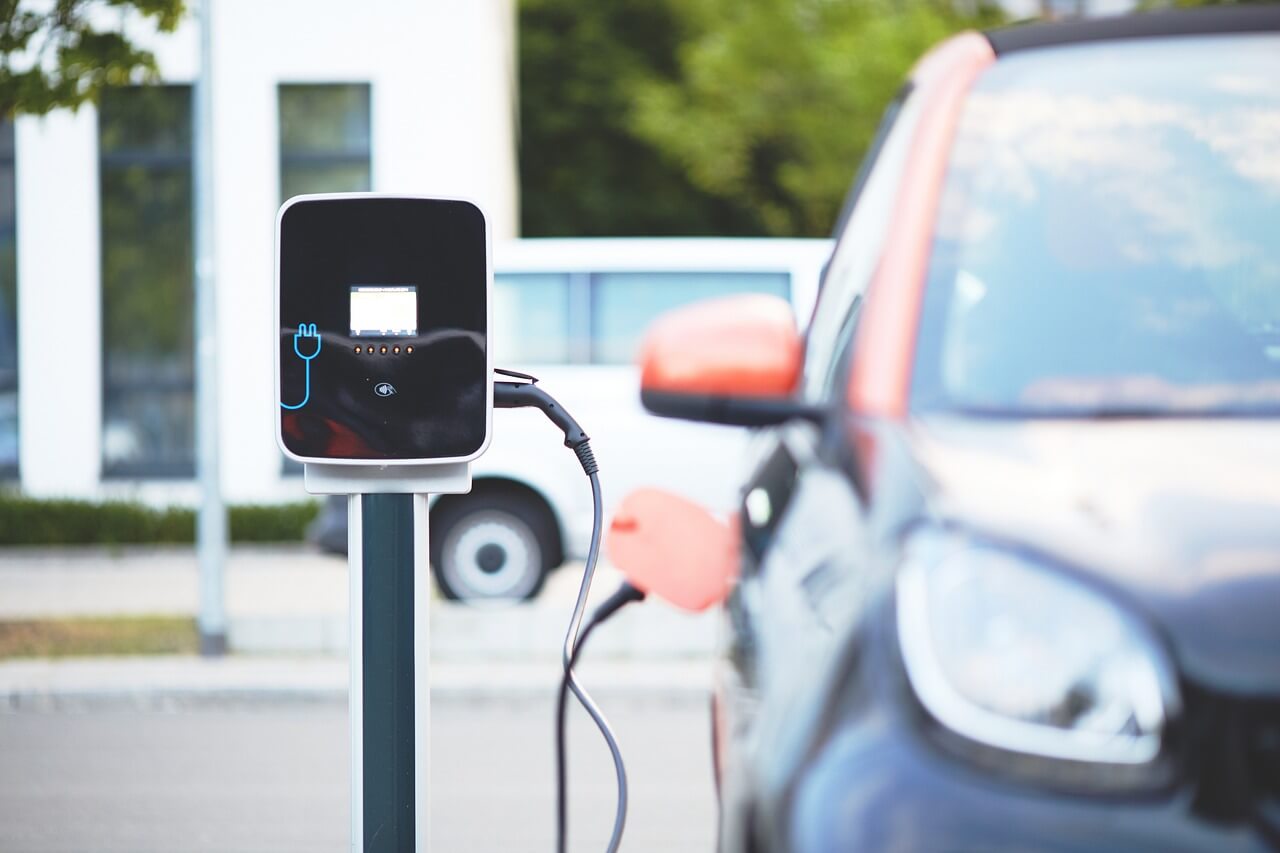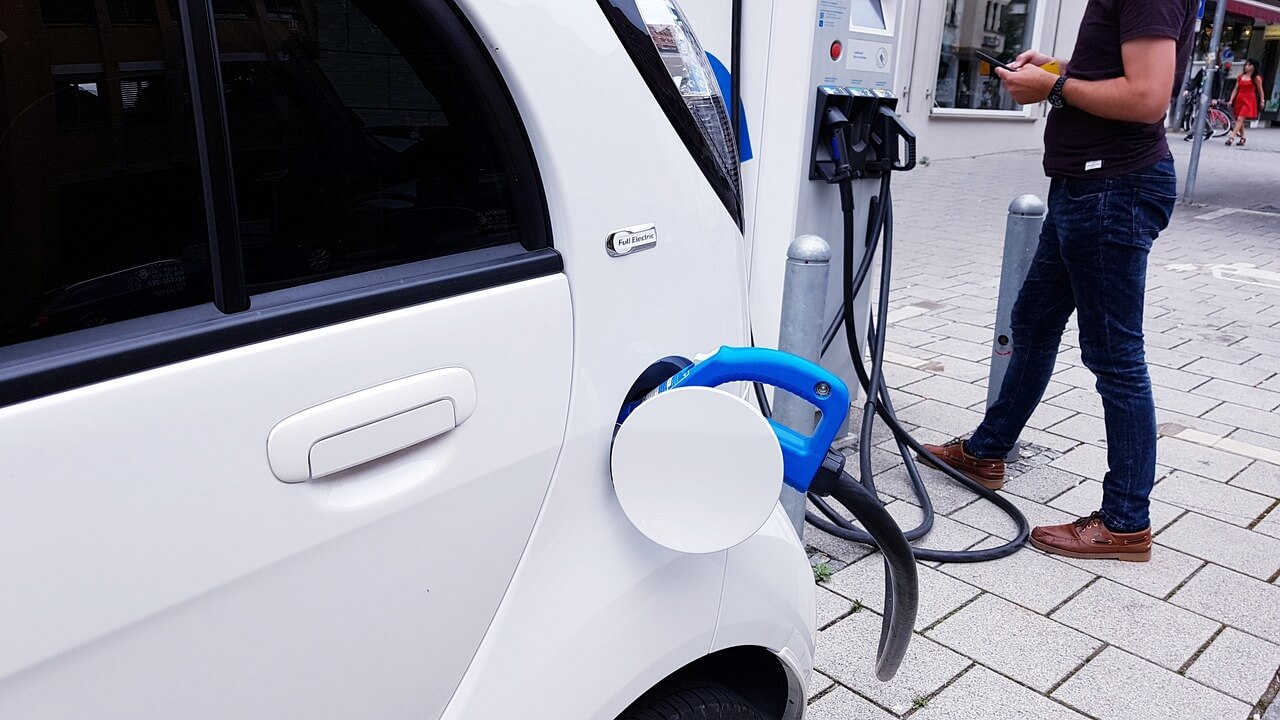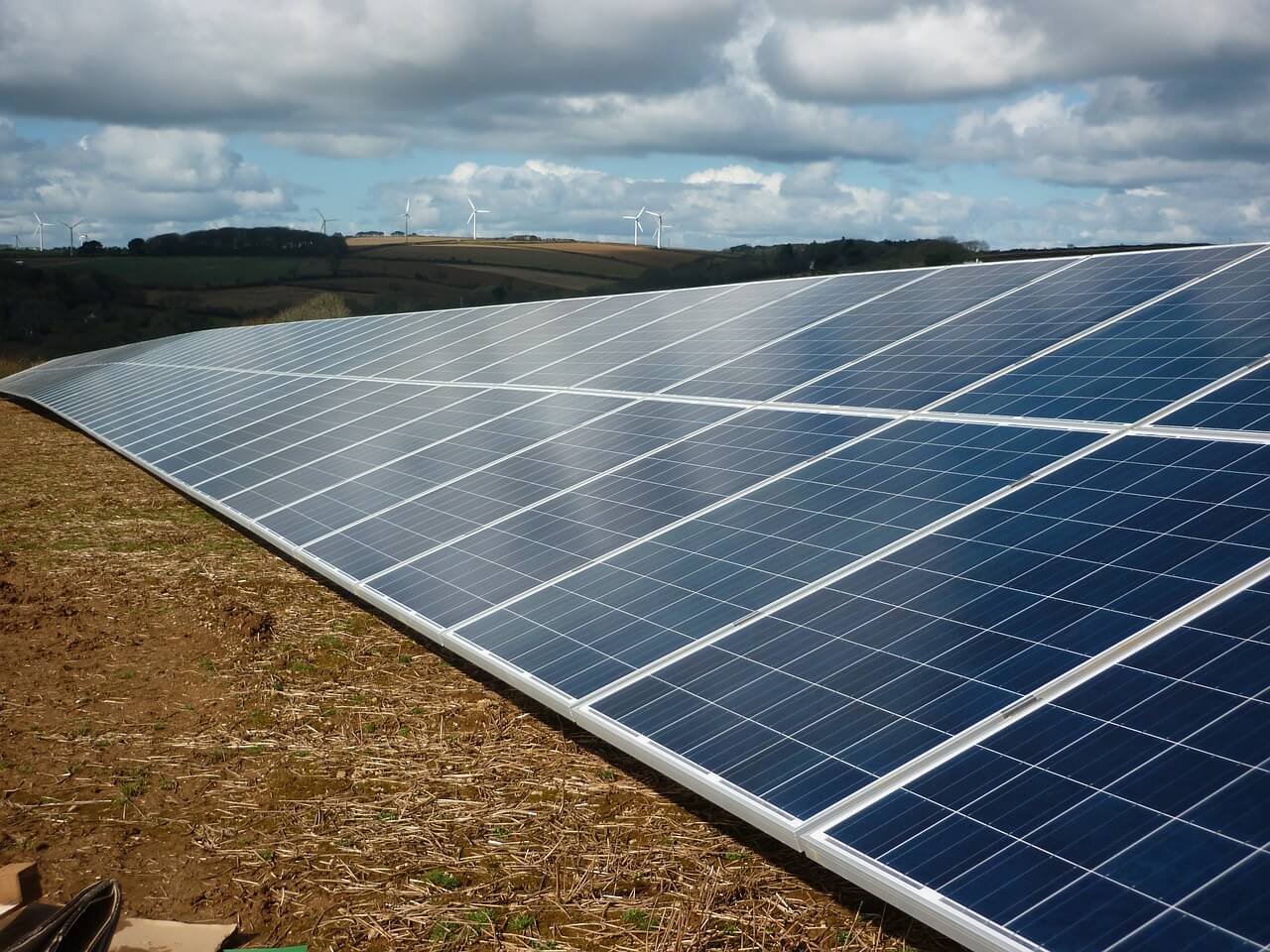SMM November 05 News:
Key Points: Tsinghua University researchers innovatively utilized renewable soybean protein to develop a high-performance solid-state electrolyte. This material forms a robust and flexible three-dimensional network structure, enabling the battery to stably cycle over 800 times at a high temperature of 120°C while significantly reducing environmental impact, paving a new path for next-generation green batteries.
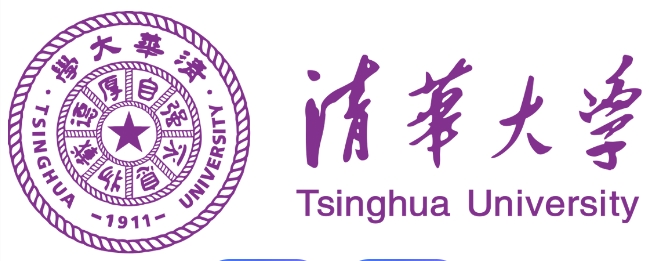
On November 2, 2025, a Tsinghua University research team achieved a breakthrough in the field of solid-state batteries by successfully developing an innovative solid-state electrolyte based on soybean protein, which is expected to provide an efficient, long-life green solution for next-generation batteries.
"Our research promotes the application of green, sustainable biomass materials in the field of battery science and technology," said Professor Shen Yang, one of the authors of the paper. "Compared with traditional electrolytes, the electrolyte we developed using soybean protein not only reduces waste generation but also significantly lowers environmental impact."

Advantages: As a renewable resource, soybean protein is characterized by low cost, non-toxicity, and biodegradability. The research team enhanced its ionic conductivity through chemical modification, and the formed three-dimensional network structure possesses both high strength and flexibility, perfectly meeting the mechanical requirements of solid-state electrolytes.
Experimental results showed that solid-state batteries assembled using this electrolyte performed excellently: they operated stably for 2,000 hours at 60°C; even at a high temperature of 120°C, they maintained 75% of their initial capacity after 800 charge-discharge cycles. This characteristic gives them a unique advantage in high-temperature application scenarios, whereas traditional lithium-ion batteries face performance degradation and safety risks when temperatures exceed 60°C.
The soybean protein electrolyte forms a thin and uniform stable interface layer with the electrode, and its good flexibility effectively accommodates volume changes during battery charge and discharge cycles, fundamentally solving the industry challenge of battery performance degradation caused by interface instability.
Life cycle assessment data confirmed that the material's environmental impact throughout the entire preparation process is significantly lower than that of other organic electrolytes, while also releasing fewer toxic and volatile compounds during application.
Challenges: Scalability of production; Advantages: Environmentally friendly.
Recent Technological Breakthroughs
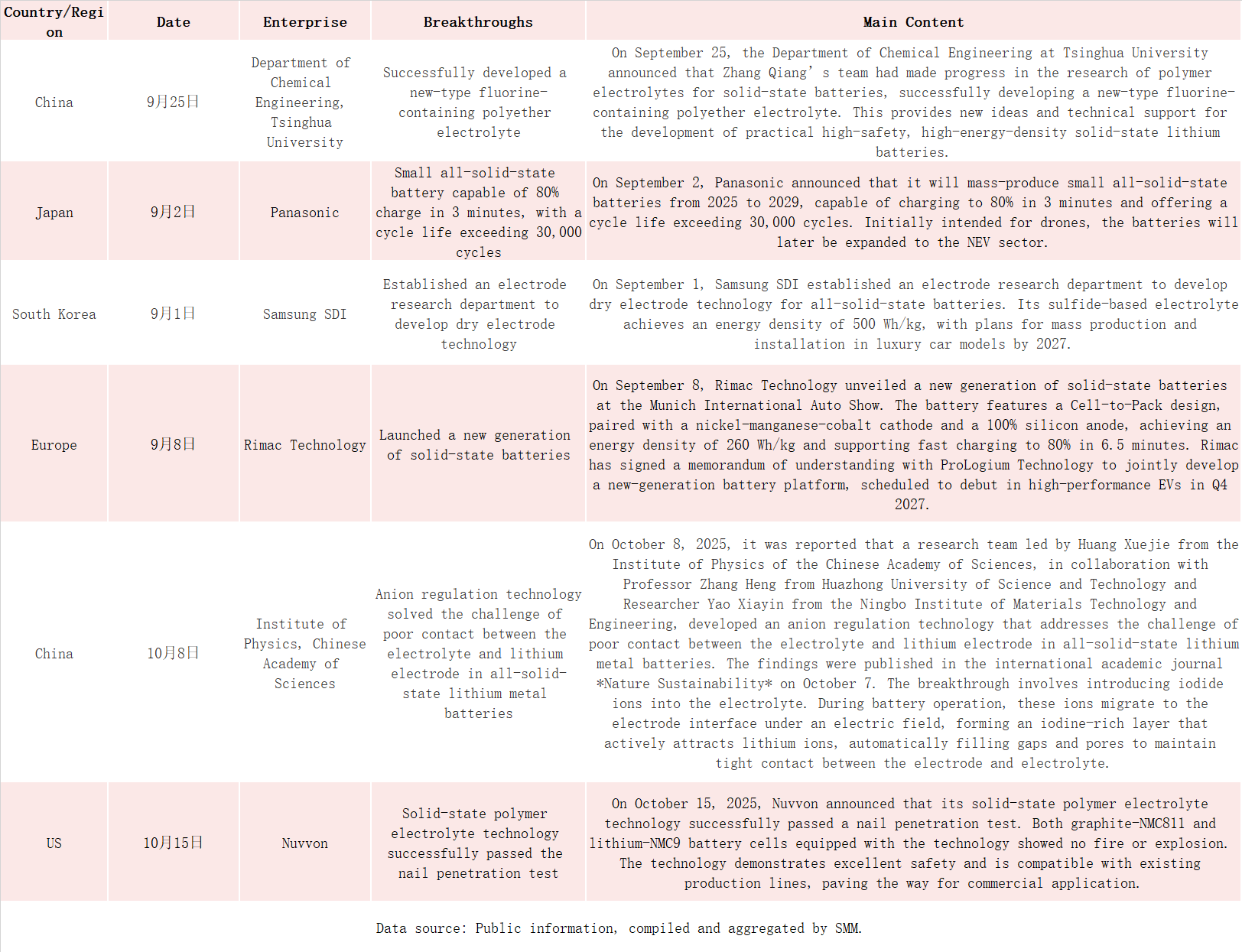
According to SMM projections, all-solid-state battery shipments are expected to reach 13.5 GWh by 2028, while semi-solid-state battery shipments are forecast to reach 160 GWh. By 2030, global lithium-ion battery demand is estimated to be around 2,800 GWh, with the compound annual growth rates from 2024 to 2030 for lithium-ion battery demand in EVs, ESS, and consumer electronics at approximately 11%, 27%, and 10%, respectively. The global penetration rate of solid-state batteries is projected to be around 0.1% in 2025, and is expected to reach about 4% for all-solid-state batteries by 2030. By 2035, the global penetration rate of solid-state batteries may approach 10%.
**Note:** For further details or inquiries regarding solid-state battery development, please contact:
Phone: 021-20707860 (or WeChat: 13585549799)
Contact: Chaoxing Yang. Thank you!
